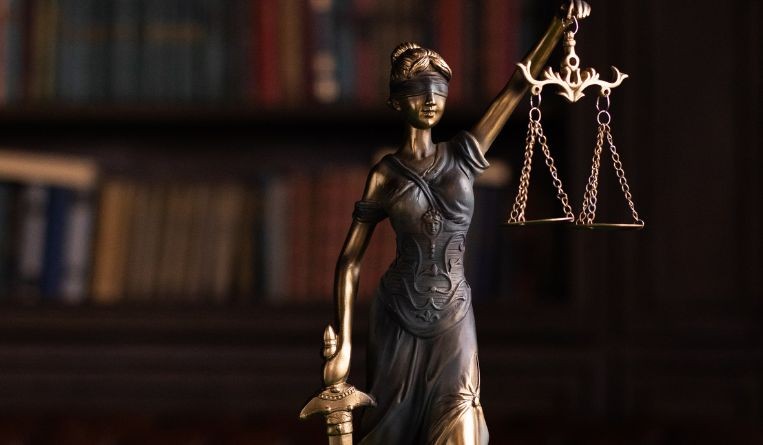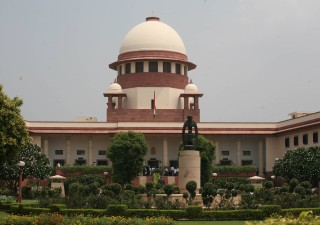Evolution of scope of amendment of specification under Indian patent law
31 July 2022

Amending a document is, at times, necessary to preserve the rightful interest of the parties, and there should be no adverse action against any party due to some omission on part of that party which is otherwise not prejudicial to other party. Thus, law in general provides provisions for amendment of documents. However, when it comes to amendments in patent specifications, there needs to be an appropriate check so that these provisions should not be misused by any party.
The current provisions of amendments under the Patents Act, 1970, find their actual roots in Section 17 of the Indian Patents and Designs Act, 1911, which itself is based on Section 21 of the U.K. Patents Act, 1907.
Before enactment of the Patents Act, 1970, this provision and its scope was discussed in detail in the Ayyangar Committee Report of 1959. It was discussed in the report that the invention should not be “wider or larger” after amendment and the invention claimed should not be different from the invention claimed before amendment. Further, while dealing with the amendments before acceptance and after acceptance of the application, a distinction has been drawn between the scope of amendments permissible at these two stages. As per the report, the scope of an amendment before acceptance ought to be wider as compare to the scope after the acceptance of the application, because before acceptance the matter is between the applicant and patent office, while after acceptance the rights of third parties can be affected as they may have started working on the basis of the claims granted.
This provision was amended in 2003 after its incorporation in the Patents Act, 1970. By the amendment, the phrase “except for the purpose of correcting an obvious mistake” has been replaced by the phrase “except for the purpose of incorporation of actual fact”. Thus, by this amendment the power to amend has not been abridged or curtailed or narrowed but has been expanded.
Thus, Section 59 of the Patents Act, 1970, as of today, prescribes that the amendment can be made only by way of:
(i) disclaimer, or
(ii) correction or
(iii) explanation.
Further, the amendment can only be made for the incorporation of “actual fact”.
The application of provision for amendment of specification and claims is subjected to certain conditions like the nature and scope of the amendments sort, the conduct of the parties, and the support for the amendment etc.
The scope of amendment under the Patents Act was subjected to judicial scrutiny on several occasions. In the case of AGC FLAT Glass Europe SA v. Anand Mahajan and Ors., the Delhi High Court, while allowing the amendment of claims after the grant of the application, held that amendments may be allowed if those amendments are clarificatory or elaborative in nature. Further such amendments should not alter the scope of the claims or introduce new claim which was not part of original invention.
A narrower interpretation usually taken up by the Patent Office is that the amended claims should fall within the scope of the originally filed claims. However, through various decision it was held that the if the amendment find support in specification and drawings, they do not attract the provisions of Section 57 read with Section 59 as they do not go beyond the originally filed specification.
A more liberal construction of Section 59 was discussed by the Delhi High Court in a recent decision (Nippon A&L Inc. v. The Controller of Patents), where while deciding the question of permissibility of conversion of a “product by process” claims to pure “process” claims, the court held that amendments to a patent specification or claims prior to grant ought to be constructed more liberally rather than narrowly. The court further held that so long as the invention is disclosed in the specification and the claims are being restricted to the disclosure already made in the specification, the amendment ought not to be rejected, especially, at the stage of examination prior to grant.
Further, the applicant cannot claim amendments in specification as their statutory right, as their conduct is also important. The erstwhile IPAB, while deciding on revocation application in the matter of Enercon India Ltd. v. Aloys Wobben, held that the respondent has not established the onus to amend the claims in meeting the requirements of law in force. The patentee did not opt to make amendments immediately after the application for revocation was filed. The IPAB held that since, the amendments have been filed one day prior to the date of hearing and thus, the amendments have not been made in the prescribed manner. The patentee fails to justify the delay for an unreasonable period before seeking this amendment of the claims. This shows the conduct of the party, causing concern to the court while considering the amendments. Thus, the IPAB stated that these requirements have not been met, in a sincere and genuine manner.
The cruciality of conduct of the party was further discussed by erstwhile IPAB in another matter of Enercon (India) Limited v. Aloys Wobben, where while refusing the amendments, the board held that the delay in bringing the amendment, even after knowing that with the prior art in front of them it cannot be granted and incorrect reasoning for amendment relate to the conduct of the party. While justifying their stand, IPAB has relied on the principle laid down in Smith Kline French v. Evans Medical, which states that the discretion for allowing the amendment include full and fair disclosure of all relevant matters, compliance with the statue, public interest requirement of seeking amendment promptly and the most important conduct of parties.
Further, in the ambit of amendment, it is not allowed to amend a defective specification. It is important to consider the nature and extent of amendment, if they are primarily for explanation and it is in public interest to allow such amendments. These provisions do not permit an applicant to file an application which is defective in its description and subsequently filing request for amendment to cure these defects by providing additional further descriptive material.
It is also pertinent to note that the scope of amendment is quite restrictive in nature, the claims cannot be amended with the help of a post-filing evidence. Thus, even the narrowing of scope of claim is not allowed by post-filing evidence, the support for amendment should be from the specification.
Thus, this can be concluded that the scope of amendment before the grant of the patent and after grant of the patent is different. Before the grant of the patent the amendment should be taken liberally as compare to the amendment after the grant of the patent. The conduct of party is also crucial in deciding the permissibility of the amendments; thus, the inventor should disclose entire scope of his invention in a bona fide manner at the time of filing of application and should not try to add on further scope by way of amendment. Further, it is also important to note that a defective or incomplete specification cannot be amended later by way of amendment even with the support of any post-filing evidence. Also, the provision for amendment should be applied judiciously so that an inventor should not be deprived of his legitimate rights in a valuable invention.









